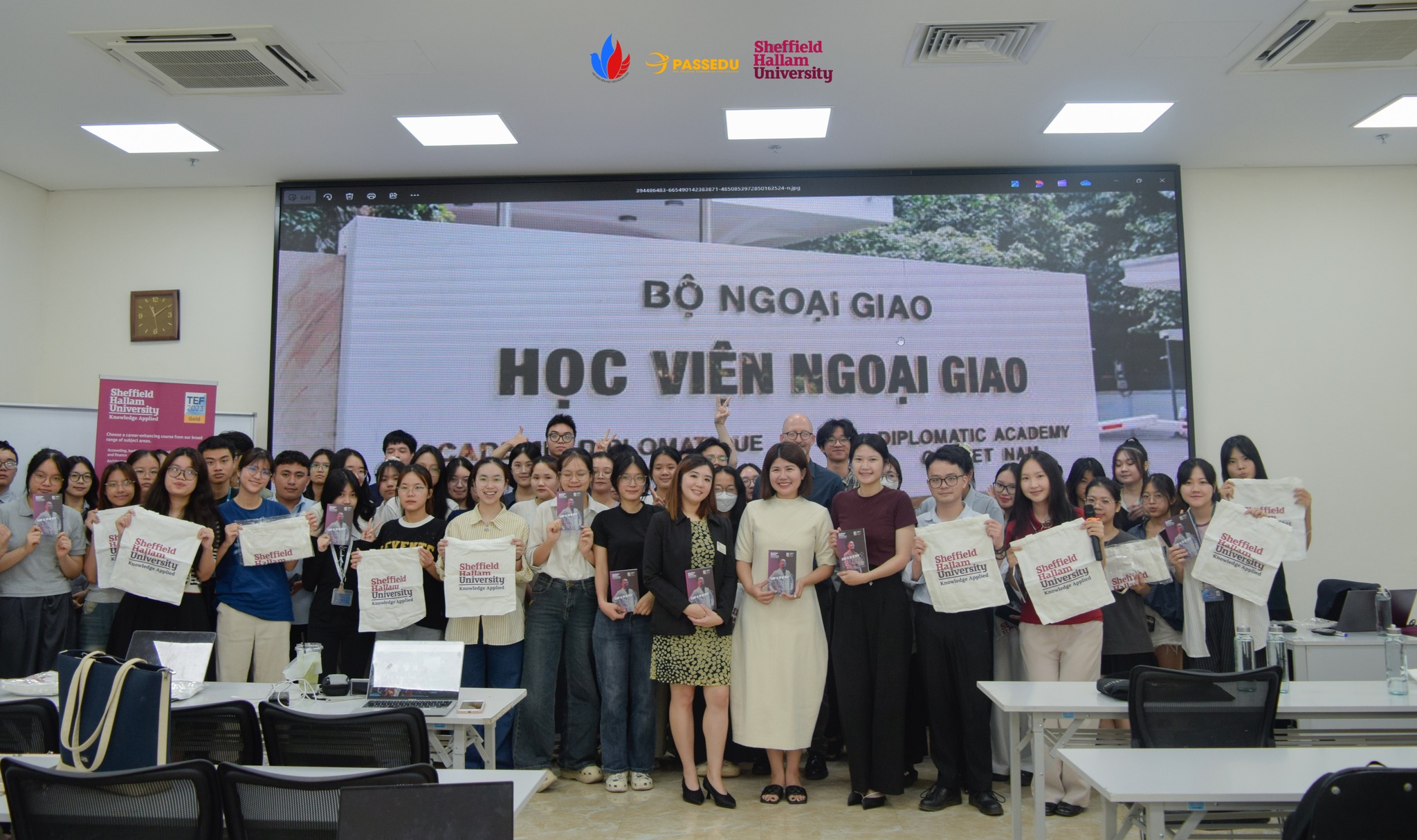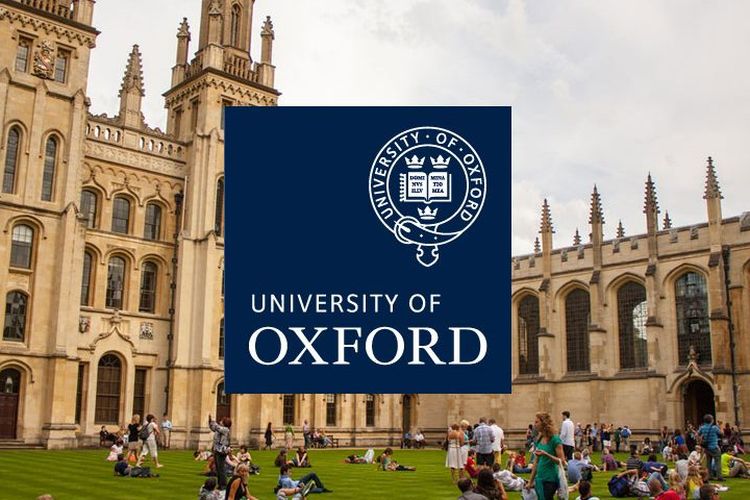GENERAL OVERVIEW OF STUDYING IN HUNGARY
Hungary, a country in Central Europe, is increasingly becoming an attractive destination for international students thanks to its internationally recognized education system, affordable costs, and unique cultural heritage. This is an ideal choice for those seeking a high-quality European study experience without excessive expenses.
General Information
- Country name: Hungary (Magyarország)
- Capital: Budapest
- Area: Approximately 93,030 km²
- Population: Approximately 9.7 million people
- Currency: Hungarian Forint (HUF). However, the Euro is widely accepted in many places, especially in tourism and major transactions.
- Time zone: UTC+1 (Central European Time), UTC+2 (Central European Summer Time)
- Official language: Hungarian (Magyar). Although Hungarian is the primary language, many study programs and the younger population—especially in urban areas—use English quite proficiently.
Education System
Hungary’s higher education system follows the Bologna Process and includes 3 main levels:
- Bachelor’s Degree (Alapképzés): Typically lasts 3–4 years. Provides fundamental and specialized knowledge.
- Master’s Degree (Mesterképzés): Usually lasts 1–2 years. Designed for graduates who wish to deepen their expertise in a specific field or prepare for research.
- Doctoral Degree (Doktori képzés – PhD): Usually lasts 3–4 years. This is the highest academic level, focusing on independent research and contributing new knowledge.
Highlight:
- Many Hungarian universities have a long-standing reputation, especially in fields such as Medicine, Dentistry, Pharmacy, Engineering, and Natural Sciences.
- An increasing number of programs are taught in English, making them more accessible to international students.
Study abroad costs
Hungary is known as one of the most affordable study destinations in Europe, especially compared to Western Europe and North America.
- Học phí:
- Bachelor’s Degree: Ranges from 2,500–6,000 EUR/year depending on the field and institution.
- Master’s Degree: Ranges from 3,000–8,000 EUR/year depending on the field and institution.
- Medicine, Dentistry, Pharmacy: Higher tuition fees, ranging from 8,000–18,000 EUR/year.
- English language or preparatory courses: Typically 2,500–5,000 EUR/year.
- Living expenses: Trung bình khoảng 450 – 750 EUR/tháng, tùy thuộc vào thành phố và lối sống của bạn.
- Thuê nhà: Khoảng 200 – 400 EUR/tháng (phòng trong căn hộ chung cư hoặc ký túc xá).
- Ăn uống: 150 – 250 EUR/tháng.
- Đi lại: 20 – 30 EUR/tháng (vé tháng phương tiện công cộng).
- Các chi phí khác: 50 – 100 EUR/tháng.
Study requirements
- Academic qualifications:
- Bachelor’s Degree: High school graduation with transcripts/diplomas meeting entry requirements. Tốt nghiệp THPT, có học bạ/bằng tốt nghiệp đạt yêu cầu.
- Master’s Degree: Graduation from a relevant Bachelor’s program with official transcripts.
- For certain specialized fields (Medicine, Dentistry, Pharmacy), additional entrance exams in subjects like Physics, Chemistry, or Biology—or an interview—may be required.
- English proficiency:
- IELTS: Typically a minimum score of 5.5–6.0 for Bachelor’s programs and 6.0–6.5 for Master’s programs.
- TOEFL iBT: Equivalent to IELTS requirements.
- Some universities may accept other recognized certificates or require an internal English placement test.
- Financial proof: Evidence of sufficient financial resources to cover tuition fees and living expenses during your studies.
- Visa: Apply for a student visa at the Embassy or Consulate of Hungary in Vietnam. The application process usually requires an admission letter, proof of funds, health insurance, and other supporting documents.
Scholarships
Hungary offers many scholarship programs for international students. The most notable include:
- Stipendium Hungaricum: This is Hungary’s government scholarship program covering tuition fees, living expenses, accommodation (dormitory or housing allowance), and health insurance. The scholarship is highly competitive and popular among international students.
- University scholarships: Many Hungarian universities also offer their own scholarship programs based on academic merit.
Job Opportunities
- Part-time job during studies: International students are allowed to work up to 24 hours per week during the academic term and full-time during official holidays. Common jobs include positions in restaurants, cafes, retail, English tutors, and tourism-related jobs. Typical wages range from 4–8 EUR per hour.
- Post-graduation employment: After graduation, international students can apply for a job-seeking visa to remain in Hungary and look for career opportunities. Fields in high demand include information technology, engineering, healthcare, and tourism. Knowing Hungarian is a strong advantage, though many companies also look for English-speaking employees.
Culture, society, and ttractions
- Culture: Hungary has a rich cultural heritage with a long history, magnificent architecture (especially in Budapest with famous thermal baths, the Parliament Building), and a vibrant arts scene. The country is also known for its unique cuisine, including Goulash, Lángos, and Tokaji wine. Hungarians are famous for their hospitality.
- Attractions:
- Budapest: “Paris của Đông Âu” với Tòa nhà Quốc hội, Cầu Chain, Lâu đài Buda, Nhà tắm Széchenyi, Đồi Gellért.
- Lake Balaton: The largest freshwater lake in Central Europe, a top tourist destination.
- Eger: A historic town famous for its ancient castle and charming old town.
- Szentendre: A picturesque artistic village along the Danube River.
- Hortobágy National Park: A UNESCO World Heritage Site known for its vast plains and unique ecosystems.
Conclusion
Studying in Hungary offers a unique combination of high-quality education, affordable costs, and the opportunity to discover a vibrant and distinctive European culture. This is an excellent choice if you are looking for a complete international study experience.
For more detailed information about studying in Hungary, please contact PASSEDU for free consultation and support. Wishing you great success!
















